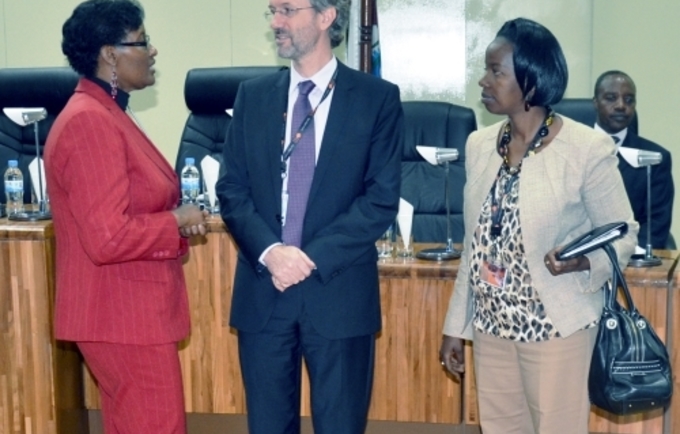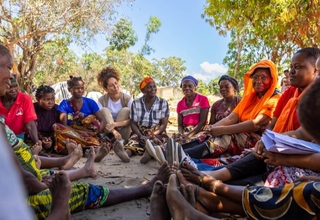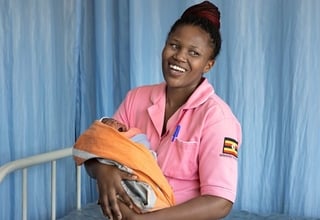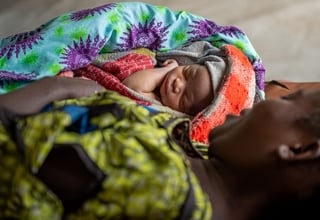Rwanda — Members of the Rwanda Parliamentarian Network on Population and Development (RPRPD) have resolved to promote sexuality education in families, communities and schools, with a view to finding a balance between population growth and development dynamics.
This commitment was made by RPRPD members from both chambers of parliament at their recent general assembly and Advocacy Capacity Building on P&D issues.
“Family planning can be the launch pad to national development. We should strive to change the mindset of the people, including local leaders, to appreciate the importance and urgency of family planning,” said Liberata Kayitesi, a member of the lower chamber of Parliament.
MPs resolved to commit more time to reach out to the communities to increase their level of understanding of family planning, commitment to demand and to use contraceptives.
“We need to understand the consequences of increased population growth which, in Rwanda’s case, does not match economic growth. If we do not act today, our children will have very poor standards of living in future,” said MP Ignacienne Nyirarukundo.
During a capacity building session held recently at the parliamentary building, UNFPA presented a paper on Africa’s ‘Demographic Dividend’, focusing on population dynamics in Rwanda and their implications.
Senate President, Dr. Jean Damascene Ntawukuliryayo, who opened the assembly, said that family planning is critical to national development. “All of us should be concerned about population issues, right from the family to the national level. We cannot achieve our vision 2020 targets if we neglect family planning.”
He said that both women and men should participate in family planning. “Generally, women understand the importance of family planning, but if we need better results, men should be brought on board as well.” The Senate President urged UNFPA and other development partners to commit more funds to family planning in the future.
The Vice President of RPRPD, Julienne Uwacu, said that family planning efforts should not focus only on married people. “The future depends on the youth. We should educate them about family planning so that they plan before marriage on how many children to have.” She said that in its efforts to promote family planning, the Government should work closely with civil society organizations, including NGOs and faith-based institutions.
UNFPA Representative Jozef Maeriën stressed the importance of sexuality education. “We should invest in comprehensive sexuality education. Girls between 10 and 15 years old should be taught about their sexuality because this is the critical stage of their life. This is a stage when they develop aspirations about what they want to be in life.”
According to the 2013-2018 strategic plan, RPRPD will focus on public education and community mobilization campaigns, advocacy at central and decentralized levels, strengthening partnerships at national, regional and international levels, and capacity building of RPRPD members.
UNFPA supports RPRPD in various ways, including funding their advocacy and mobilization activities, as well as building members’ capacities.
RPRPD consists of members of parliament and senators. During the assembly the network received 21 new members in addition to 51 existing ones. Membership is voluntary.
~ David Ssekyanzi




